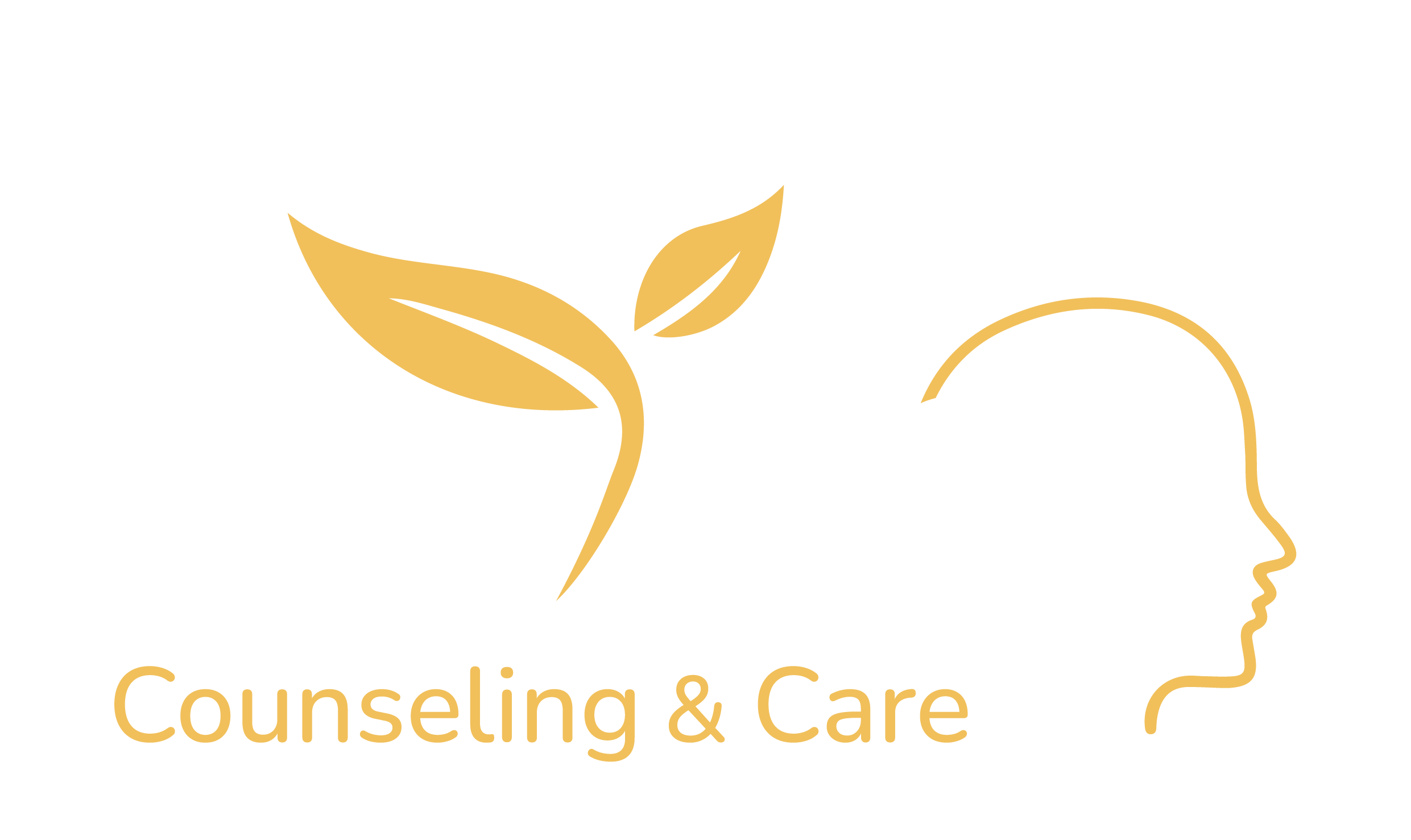Conflict is a natural part of any relationship, especially within families, where personalities, emotions, and histories collide under one roof. While disagreements are inevitable, they don’t have to turn into blowups or long-lasting tension. Knowing how to de-escalate and healthily prevent conflict can strengthen family bonds, not break them.
Here’s a practical guide on how to reduce and manage family conflict with empathy, patience, and better communication.
1. Recognize the Early Warning Signs
Most conflicts don’t come out of nowhere. They tend to build gradually, sparked by stress, miscommunication, or unmet needs. Learning to recognize the early signs of tension, like sarcasm, withdrawal, or passive-aggressive behavior, can help stop an argument before it starts.
2. Choose the Right Time to Talk
Trying to resolve an issue in the heat of the moment rarely leads to a productive outcome. People are more likely to listen and less likely to lash out when they feel calm and safe. If emotions are running high, suggest postponing the conversation. Use a calm moment, like during a walk or over coffee, to address important issues without confrontation.
3. Listen to Understand, Not to Respond
One of the biggest sources of conflict is not feeling heard. Often, people are busy thinking about what they’ll say next instead of truly listening. Practice active listening. This means maintaining eye contact, not interrupting, and reflecting back what you heard: “So what I’m hearing is that you feel overwhelmed because you’re doing most of the chores—did I get that right?”
4. Know When to Take a Break
Sometimes the best way to keep a conflict from escalating is to temporarily walk away. Taking a break doesn’t mean avoiding the issue; it means giving everyone time to cool down and gain perspective.
5. Apologize and Forgive When Needed
Holding onto grudges only deepens resentment. A sincere apology, even for tone or misunderstanding, can go a long way in healing relationships.
6. Seek Help When Needed
Some conflicts run deep, especially when old trauma, long-standing resentment, or communication breakdowns are involved. In those cases, a family therapist or mediator can help.
By Kaitlynn Russell, Clinic Assistant at ICC







